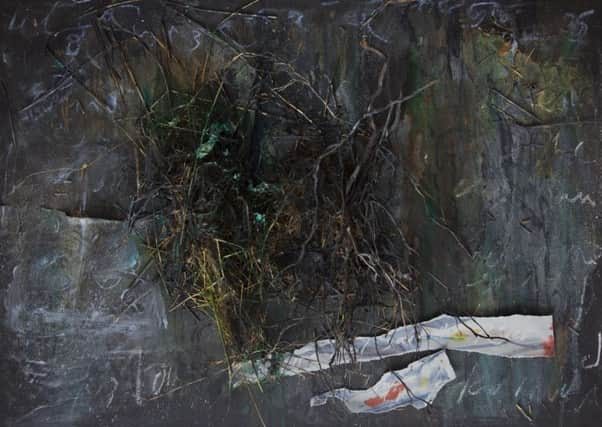Book review: Going Bush by Kirsty Gunn


Going Bush by Kirsty Gunn, with art by Merran Gunn | Sylph Editions, £12
But what if the place we grew up in isn’t the same as our ancestral home? To what extent can – say – people of European descent to develop an identity-defining affinity with the decidedly un-European landscapes of the Antipodes? It’s a question the Australian author Tim Winton wrestles with in his book Island Home: A Landscape Memoir, reviewed in these pages earlier this year, and it’s a theme picked up and analysed intriguingly by Kirsty Gunn – New Zealand-raised but now Scotland-based (and also of Scottish descent) – in her extended essay, Going Bush.
Advertisement
Hide AdWhereas Winton’s description of his experience of coming to terms with the harsh Australian landscape feels adversarial at times (“these places, the mountains and rivers, headlands and beaches, ate into me, scoring me for life”), Gunn’s take tends to be gentler, her relationship with her adopted home more organic. Woven through her present-day musings on the relationship between landscape and identity is the story – perhaps autobiographical, perhaps not – of an adolescent girl who, to escape from her bullying cousins at a barbecue, quietly leaves the safely mown grass of the park and hides in the threatening-yet-protective embrace of the bush at its margins. “She stood at the edge of it, caught its dark earth odours for the second before it seemed to part like an opening seam, the soft split of foliage allowing her to enter.” If the Australian landscape forcefully imprints itself on Winton, the bush of New Zealand is seen here as a place that enfolds.
At the same time, however, there’s a strong sense of not belonging – this is a landscape that “would not be colonised by our games! We were little white children, little Pakehas the Maoris would have called us, lost in the midst of it.” Gunn notes that, during her childhood, trees indigenous to New Zealand were known as “natives... because they were not oak or pine or ash”. The bush is everything that exists beyond the areas that have been westernised, and somebody who spends too much time out there is said to have “gone bush” – changed on some fundamental level, perhaps made less western, but perhaps also made more of a New Zealander.
Roger Cox
• Kirsty Gunn, Edinburgh International Book Festival, today